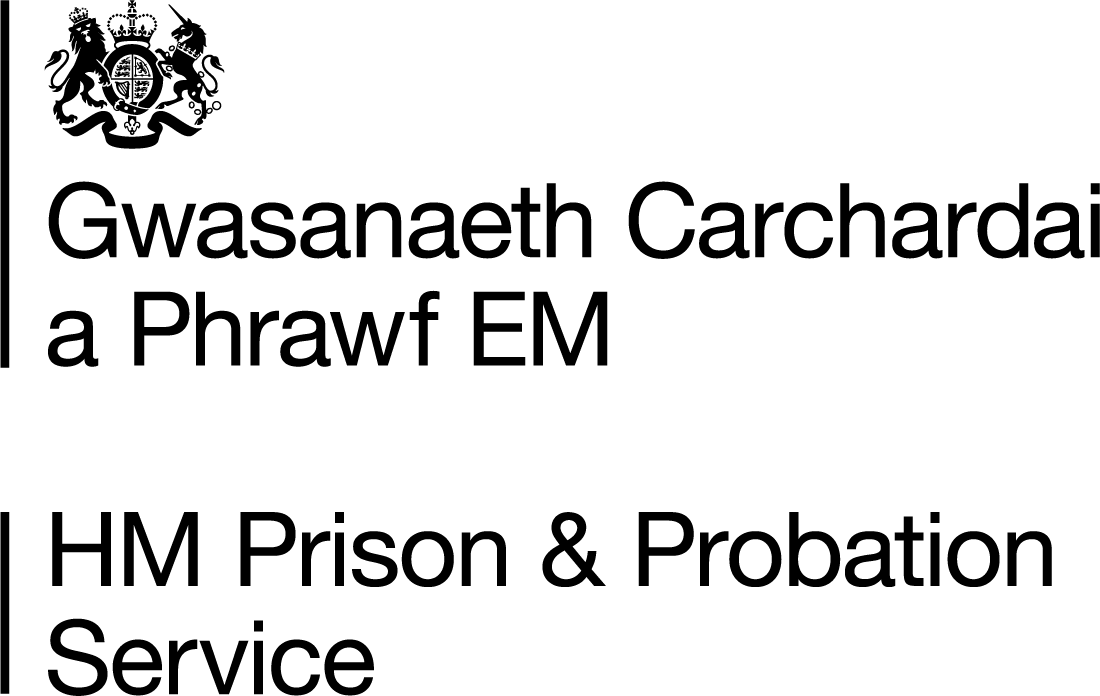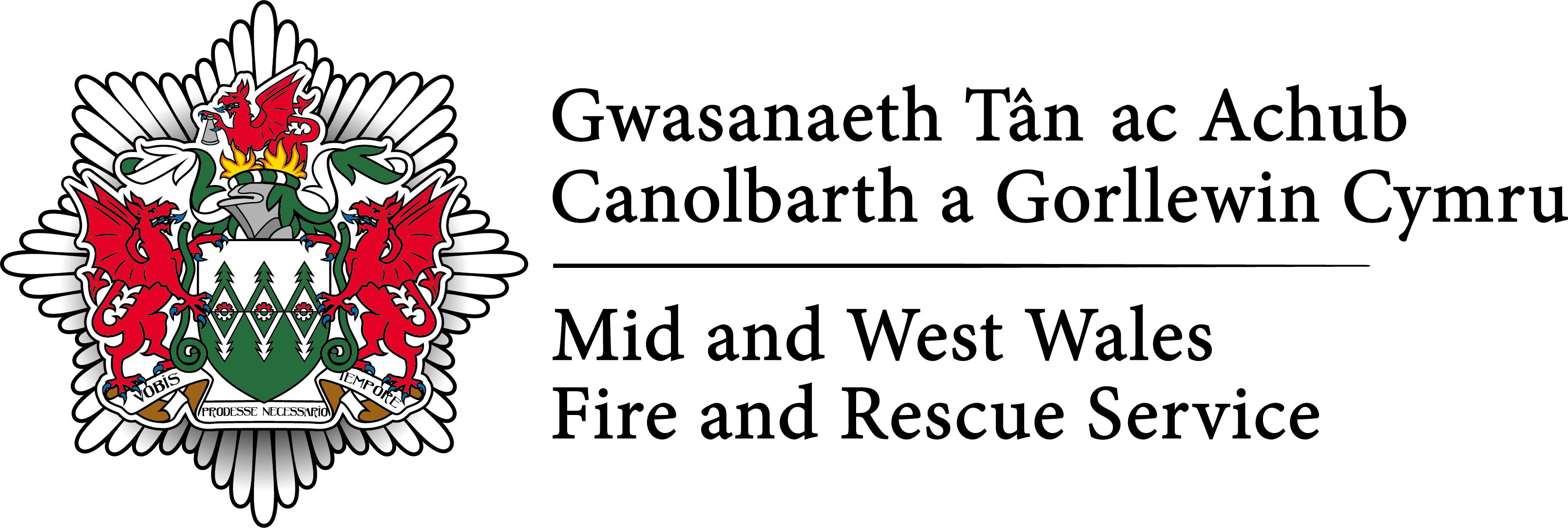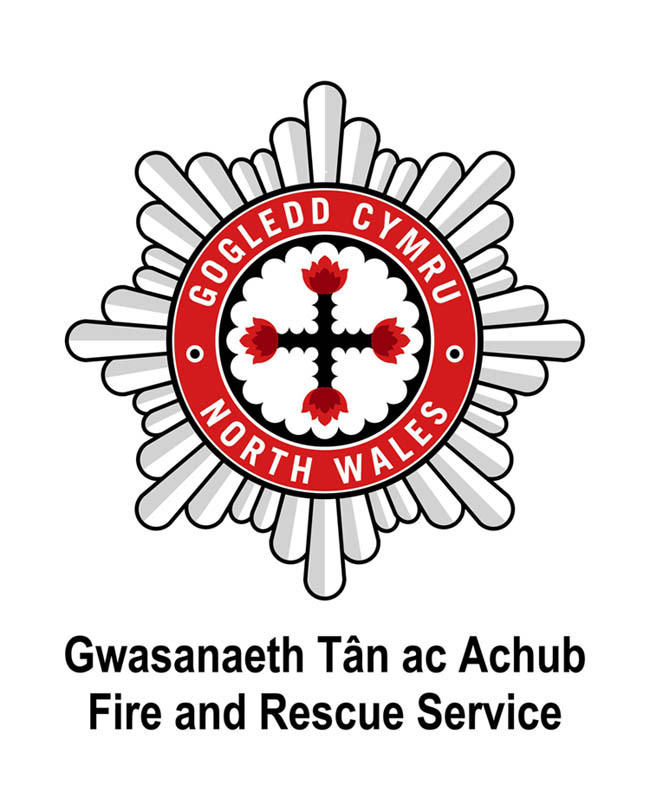Legislation that covers the workings of the criminal justice system is broad and includes:
- Counter-Terrorism and Sentencing Act 2021
- Courts and Legal Services Act 1990
- Coroners and Justice Act 2009
- Criminal Justice Act 1972
- Criminal Justice Act 2003
- Criminal Justice and Court Services Act 2000
- Criminal Justice and Courts Act 2015
- Criminal Justice and Public Order Act 1994
- Legal Aid, Sentencing and Punishment of Offenders Act 2012
- Offender Management Act 2007
- Police and Criminal Evidence Act 1984
- Policing and Crime Act 2009
- Policing and Crime Act 2017
- Police and Justice Act 2006
- Police and Magistrates’ Courts Act 1994
- Police Reform Act 2002
- Police Reform and Social Responsibility Act 2011
- Probation of Offenders Act 1907
- Rehabilitation of Offenders Act 1974
- Sentencing Act 2020
Many other topics covered on the site are also relevant, particularly Serious Violence and Organised Crime.
Also note proposed legislation within the Police, Crime, Sentencing and Courts Bill – Parliamentary Bills – UK Parliament.










